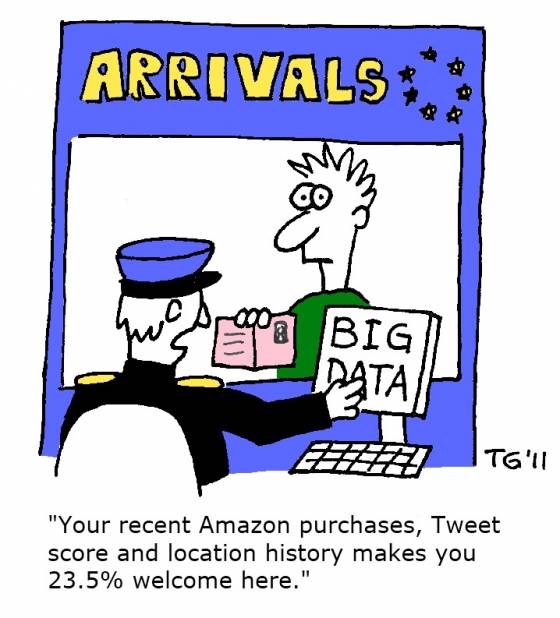Emerging best practice
In 2017, good PR practice comes not from the agency but from the client; the value of an agency is in acting as the ‘enabler’ to show the company the value of good communication practice. Reputation is becoming such a crucial issue in the context of the increased transparency provided by social media and the 24-hour news cycle that PR now has to help inform how a business is run, not just act as go-between between corporate and public. To survive and thrive, PR may well have to follow the path of management consultancy in this respect by acting as trusted adviser to consult on best practice.
This means that a good PR agency has to be able to change the culture of communications internally, demonstrating its value through concrete actions. Journalists are wary of PRs, so it is imperative that PRs drive ‘buy-in’ for good corporate communications culture throughout the client’s business.
Companies need to understand that the external perception of their company trumps reality, rather than viewing communications through the lens of selling their story for exposure. When a company understands that, it has a transformative effect and provides the opportunity to change attitudes and processes internally.
The opportunity from technological developments
To fully establish themselves in the role of trusted advisor to the business, PRs needs to harness the technological revolution. In the case of B2C, Virtual Reality will allow visualisation of the customer’s journey and provide exciting new PR experiences as consumers ‘try before they buy’ by immersing themselves in the environment of a business service or product. Machine learning-driven Artificial Intelligence is now capable of identifying brands’ logos on social media, allowing greater tracking of reach, engagement and ultimately, ROI [1].
It is natural then, that skill at the multi-channelled dissemination and monitoring of information is now ranked as the most important skill for PR practitioners [2]. The convergence of PR and marketing has meant practitioners will have to marry creative thinking with a newfound-appreciation of data. The way Trump leveraged Cambridge Analytica’s big data with a hyper-targeted messaging strategy offers an insight into how PR can utilise technology to tailor communications in future.
Bringing this all together
To be an outstanding PR practitioner, professionals need to have the 360 degree view to understand why what they are doing is strategically important and the circumstances that provide the context for their actions.
The 21st century has all the potential to be a very exciting time for the PR profession. Digital tools provide the opportunity to bring clients closer to their various stakeholders, incorporating influencers, employees and consumers in positively driving a brand’s reputation (if directed in the right way). The developments of emerging trends like Big Data and Virtual Reality also provide scope for ground-breaking new initiatives, which can ensure PR not only stays relevant but continues to establish itself as a business-critical practice undertaken by creative, strategic, competent practitioners.
[1] Salesforce AI helps brands track images on social media, Tech Crunch, 2017
[2] The Future of Public Relations: Trends, Skills, PR vs. Marketing, Marketing Profs, 2017








Comments